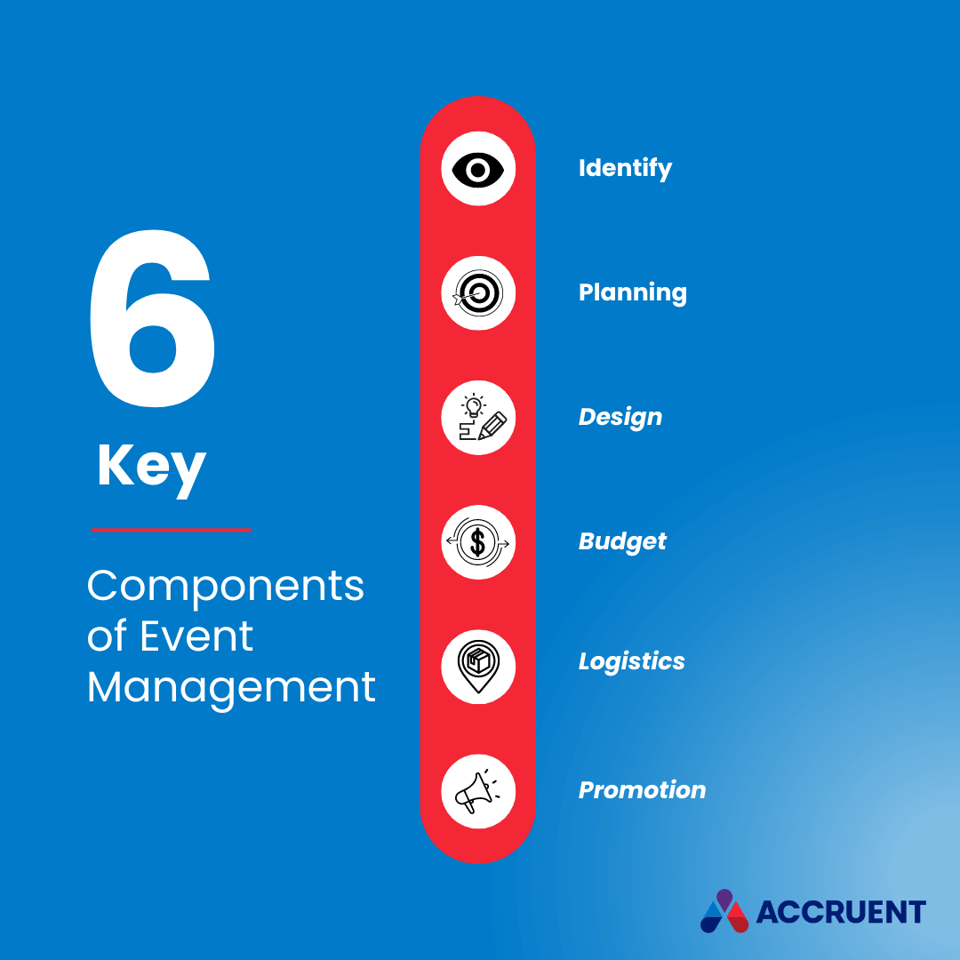
Master Event Scheduling Software
Master event scheduling software to streamline planning, automate tasks, and improve communication. Centralize details for a successful event ...
Solutions
Workplace Management Solutions
Real Estate Management Solutions
Maintenance Management Solutions
Energy Management Solutions
Engineering Document Management Solutions
Asset Management Solutions
Automate campus scheduling for classes, meetings, and exams with our EMS software.
Plan and manage conferences effortlessly with EMS software to impress guests and streamline operations.
Boost workplace flexibility and maximize space use with seamless desk and room booking.
Organize workplace or campus events smoothly, creating memorable experiences.
Optimize workspace, manage allocations efficiently, and reduce costs with our space management solutions.
Deliver projects on time and within budget by improving communication, collaboration, and efficiency with our software.
Streamline lease accounting for ASC 842, IFRS, and GASB compliance.
Manage leases efficiently by tracking key dates, analyzing costs, and ensuring compliance.
Centralize data and analytics for better insights, faster negotiations, and revenue growth.
Centralize facility and asset maintenance, automate work orders, and ensure compliance with our CMMS software.
Extend asset life, reduce downtime, and prevent costly repairs with data-driven monitoring.
Prevent equipment failures and extend asset life by detecting and addressing issues early.
Make sustainable, cost-efficient energy decisions by monitoring and optimizing power consumption.
Remotely monitor and control equipment with real-time data to predict issues, boost efficiency, and reduce downtime.
Easily share and collaborate on documents, creating a single source of truth for engineers and contractors.
Manage and analyze assets across their lifecycle to schedule maintenance, reduce downtime, and extend lifespan.
Improve visibility, automate work orders, and ensure compliance for efficient facility and asset management.
Resources
Browse our full library of resources all in one place, including webinars, whitepapers, podcast episodes, and more.
Support
Looking for access to technical support, best practices, helpful videos, or training tools? You’ve come to the right place.
About Accruent
Get the latest information on Accruent, our solutions, events, and the company at large.

Discover the essentials of event management, with proven strategies and the leading software to guarantee standout events every time. Learn more with a personalized demo.
By 2028, the event industry is predicted to be worth more than two trillion dollars. This boom not only signals significant growth but suggests a substantial number of resources will be spent in this space.
Mastering event management is key for anyone aiming to tap into this market and organize successful events – from corporate conferences to university gatherings. It is about more than organization, though. It is about crafting experiences that resonate.
Event management is the process of planning, organizing, and coordinating events. These include conferences, trade shows, university exams, and corporate gatherings. It involves handling logistics, selecting venues, arranging entertainment, coordinating vendors, and ensuring the event runs smoothly.
Managing events well needs strong organization. It requires attention to detail and the ability to multitask. It also involves managing budgets, timelines, and team coordination to create memorable experiences for attendees. Event managers work closely with clients to understand their vision and bring it to life successfully.
Successful event management is built on a foundation of key components. Here are the essential elements that contribute to its success.
This first step is to lay the groundwork for the event. It is where organizers ideate and develop everything from the initial concept to selecting a date. Define goals, coordinate logistics, and create a blueprint to follow. Effective planning ensures every detail is considered for seamless execution.
In many ways, the budgeting of event management is the most important part. The event can only go as far as the finances. This step involves allocating funds wisely to cover all expenses. This includes estimating costs, tracking expenses, and managing overall resources. Intelligent and proactive analysis here prevents overspending and ensures the event’s profitability.
Choosing the right venue is a key element. Consider size, location, and facilities. Then, orchestrate the logistics, including setup, transportation, and technical requirements. Remember to underestimate the importance of the details. It is how teams manage to facilitate a smooth event flow.
Promoting an event is a vital stage of the planning process. Drive attendance at the event with a tailored marketing approach to engage the target audience. Strategies here include digital marketing, social media campaigns, and traditional advertising. Event teams need to create a sense of excitement and anticipation.

For an event to be successful, here are four management strategies teams can utilize.
Start with a clear vision. Define exactly what stakeholders want to achieve with the event. For illustrating goals, consider the SMART approach: specific, measurable, attainable, relevant, and time-bound. This clarity helps focus efforts to drive toward an event’s purpose.
Central to this is establishing a communication plan among team members. Outline how information is shared among members, vendors, and participants. Consider using collaboration tools that can improve teamwork and ensure tasks are completed on schedule.
Event teams must prepare to know how to detect potential problems early on. It is important to conduct a risk assessment to understand what issues can arise.
Consider developing a contingency plan for each risk and ensure effective solutions are in place. An example of an issue can range from backup vendors to alternative indoor venues in case of severe weather.
An event management system offers tools for every stage. This includes attendee registration, feedback collection, and more. These platforms can automate time-consuming tasks and provide real-time updates. They offer insights through data analytics. The right software can significantly ease the workload and stress of the event planning process.
Event management software is a tool designed to assist organizers in planning, executing, and analyzing events. It automates registration, ticketing, scheduling, communication, and attendee management tasks. The unified platform streamlines operations and simplifies the complex and tedious coordination of event planning.
The best event management software also offers analytics and reporting features. This means organizers can make data-driven decisions about the event. The reduction of manual work through automation frees up organizers to focus on the event itself. Naturally, this leads to a better product and overall event experience for participants.
Event management technology can surface data insights so you can improve your data maturity and adjust strategically for better outcomes."— Forbes
When selecting event management software, such as Accruent’s EMS Software, identify features that align with an event’s unique needs.
Consider the software’s ability to provide customizable solutions that can adapt to event types. Task management should be intuitive with a user-friendly interface. Further, it should easily integrate with other tools and platforms. Look at the level of customer support and training provided to ensure smooth implementation.
In terms of specifics to look for, consider these key features:
When making the selection, assess the specific needs of an event and any unique challenges. Examine different options and see what fits best. Read reviews and learn what real users have to say about the software.
Whether booking a corporate conference, a large trade show, or an academic seminar, Accruent’s EMS software will simplify the process each step of the way.
The industry-leading event planning software is designed to cater to the varied needs of modern event planning. It offers a dynamic, wide-ranging suite of features. They include advanced scheduling tools, comprehensive venue and resource booking capabilities, and simple attendee management. Furthermore, its user-friendly interface and scalability help facilitate communication between organizers and attendees. The platform also automatically provides real-time visibility into data for whoever needs it.
Discover how the University of Alabama integrated EMS with its existing calendaring and event management tools to streamline communication, increase transparency, and more.
When utilizing Accruent’s EMS Software, expect the following benefits:
Do not let disorganization destroy an event. Accruent’s top-rated EMS software transforms the event planning process. Efficiency saves time and money while freeing up team members to focus on creating the best event possible. Explore the possibilities and see them firsthand.
Learn more about the Accruent approach. Contact us today for a demo or consultation.
Event management is how to ensure and organize a successful event to achieve the desired outcome. It is the foundation for creating something memorable for attendees. Putting time into meticulous planning, coordination, and management helps organizers reach objectives.
An event planner focuses on the execution of an event. They handle details like theme, decor, and delivery. Meanwhile, event management takes a holistic look. It focuses on the planning, coordination, budgeting, and overall event oversight. An event planner participates under the larger event management umbrella.
EMS Software offers a comprehensive suite of solutions for event management. The user-friendly tool utilizes an interface to streamline the traditional event management process. It fosters an optimized and collaborative environment for planning, execution, and analysis. The result is a better, more successful event.
There are multiple ways EMS software streamlines event planning. It cuts through the tedious nature and details of event planning. With tools for scheduling, attendee management, and real-time analytics, the innovative software provides a powerful combination. Execute an event successfully with precision and ease.
Absolutely. EMS Software integrates seamlessly with various business systems, including customer relationship management, and financial, and marketing platforms. The software is built to enable seamless integration that fosters a cohesive management ecosystem. It provides access to a holistic view of all event-related activities and data.
Master event scheduling software to streamline planning, automate tasks, and improve communication. Centralize details for a successful event ...
Discover the essential event management process in 7 steps. From planning to execution, master successful event planning & coordination. Learn ...
Discover how event booking software streamlines management, boosts efficiency, and enhances experiences. Learn key features and strategies for ...
Subscribe to stay up to date with our latest news, resources and best practices